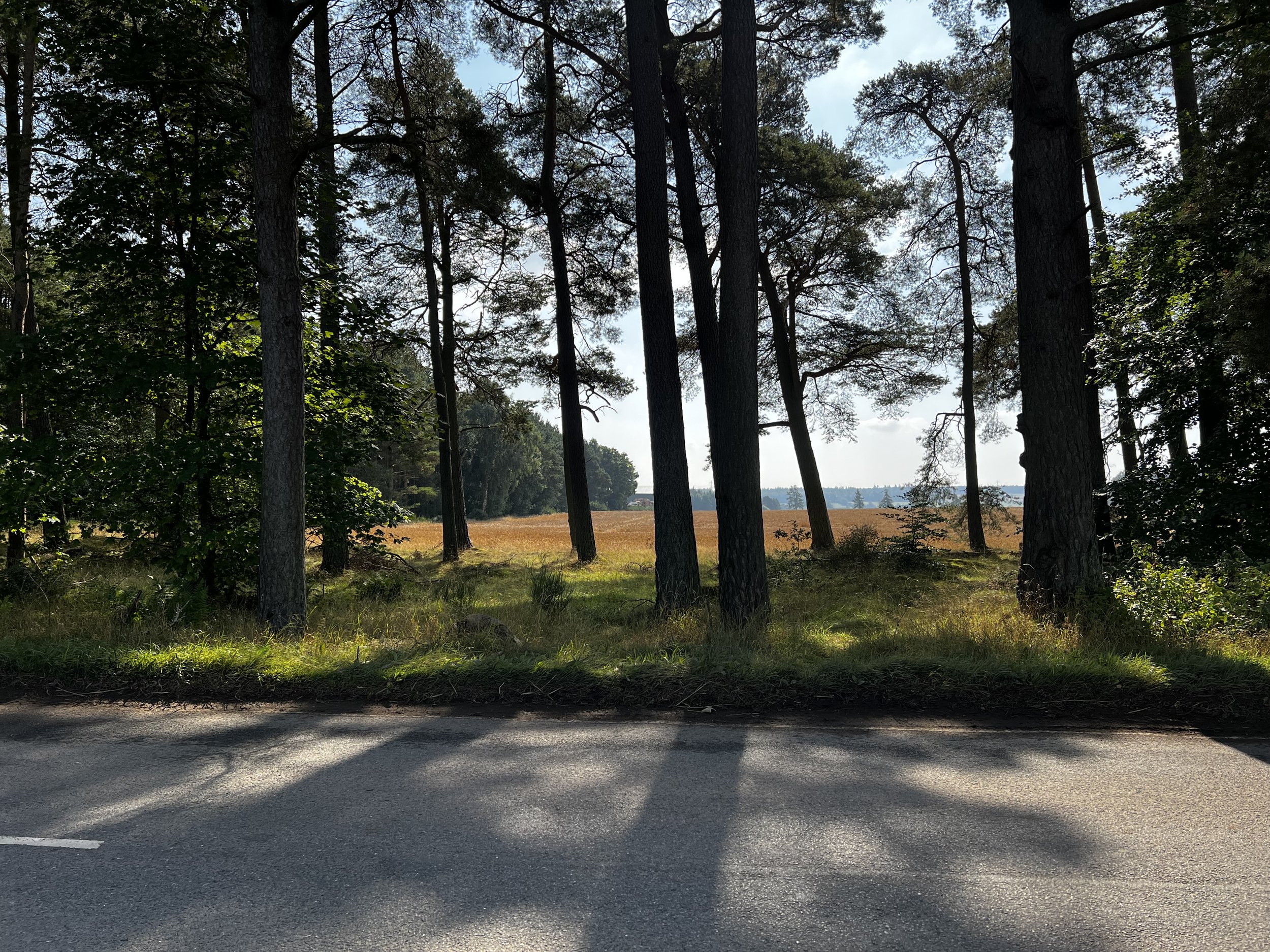Case Study: Administering ERDF Funding for Resource Efficiency Circular Economy Accelerator Programme
Background
In preparation for administering European Regional Development Fund (ERDF) funding for the Resource Efficiency Circular Economy Accelerator Programme, my team at Zero Waste Scotland was tasked with developing a robust, auditable process to ensure compliance with national regulations. The goal was to effectively manage the allocation of funds while promoting resource efficiency and circular economy practices in Scotland’s small and medium-sized enterprises (SMEs).
Challenge
As the programme was financed through the ERDF, strict adherence to the National Rules on the Eligibility of Expenditure was crucial. This required not only a deep understanding of the guidelines set forth by the Scottish Government but also the development of a seamless process to monitor and evaluate all aspects of fund allocation and business support. A key challenge was ensuring that the process was transparent, scalable, and auditable, given the complexity of the funding requirements and the scope of support provided to SMEs.
Moreover, we identified the need to build a robust customer engagement strategy to establish a pipeline of customers to the programme.
Approach
To address these challenges, my team and I took the following steps:
1. Development of an Auditable Process
We created a comprehensive, step-by-step process to ensure that every aspect of the funding administration adhered to the national rules, specifically version 9 of the National Rules on Eligibility of Expenditure.
This process was designed with a focus on transparency, ensuring that every action taken could be traced back and justified in an audit environment.
The process included:
- A clear structure for project eligibility checks
- Detailed record-keeping protocols for all stages of interaction with SMEs
- Compliance assessments to ensure adherence to both financial and operational rules
2. Mapping Customer Interactions
A key element of the programme’s success was ensuring that customer interactions were mapped from initial contact through to measurable outcomes. This included mapping the journey of both grant-funded activities and SME business support. We developed a framework that tracked each SME’s progress from their first interaction with Zero Waste Scotland through the entire support process, culminating in measurable environmental and economic outcomes. We used Microsoft Dynamics, a CRM we had in the business, to create a customer journey and record relationship data, programme outputs and reportable evidence.
3. Support to Outcomes
By focusing on outcomes, we were able to demonstrate the real-world impact of the funding. For grant-funded activities, we tracked key metrics such as resource efficiency improvements and waste reduction. For broader SME business support, we ensured that companies were equipped with the tools and knowledge to transition to more sustainable, circular economy practices. This comprehensive support process enabled SMEs to not only comply with environmental standards but also realise significant cost savings and competitive advantages.
Results
Our efforts resulted in a streamlined, auditable system that ensured compliance with national rules while maximising the impact of ERDF funding.
The programme successfully helped accelerate the adoption of circular economy practices within Scotland’s SME sector while reducing their environmental impact. By supporting over 200 projects, the programme enabled SMEs to improve resource efficiency, reduce waste, and lower carbon emissions. Through targeted funding and expert guidance, the programme also promoted the use of recycled materials, resource recovery, and the development of new circular business models.
The impact of the programme included:
Reduction in environmental footprint: Participating SMEs were able to cut down on their resource use and carbon emissions, directly contributing to Scotland’s sustainability goals.
Economic performance improvement: The intervention not only reduced environmental harm but also helped businesses enhance their competitiveness and resilience through cost savings and efficiency improvements.
Scaling of circular economy practices:
The programme helped establish new business models based on circular economy principles, encouraging reuse, remanufacturing, and waste minimisation.
By fostering both environmental and economic gains, this initiative demonstrated how public funding can drive sustainable growth in line with Scotland’s circular economy ambitions.
The process allowed Zero Waste Scotland to effectively manage and report on the allocation of funds, ensuring transparency and accountability at every stage.
Additionally, the mapping of customer interactions provided valuable insights into the needs and challenges faced by SMEs, allowing us to tailor support services and enhance the effectiveness of our programmes. Ultimately, the programme supported the acceleration of circular economy practices within Scotland’s SME sector, contributing to both environmental and economic resilience.
Conclusion
The successful preparation and administration of ERDF funding for the Resource Efficiency Circular Economy Accelerator Programme was a testament to the importance of compliance, transparency, and tailored business support.
This was a huge undertaking - the exacting standards for ERDF cost recovery required a significant upgrade in the businesses systems and processes. With the support of government and Audit Scotland, we built a solid business process with the benefit of creating a customer engagement strategy to help achieve the organisation’s goals.


